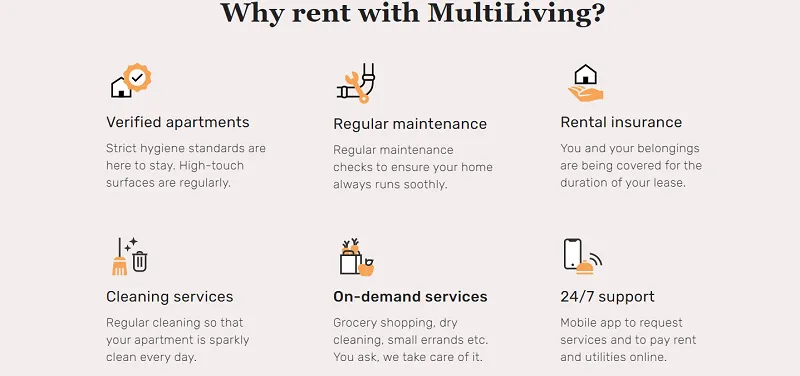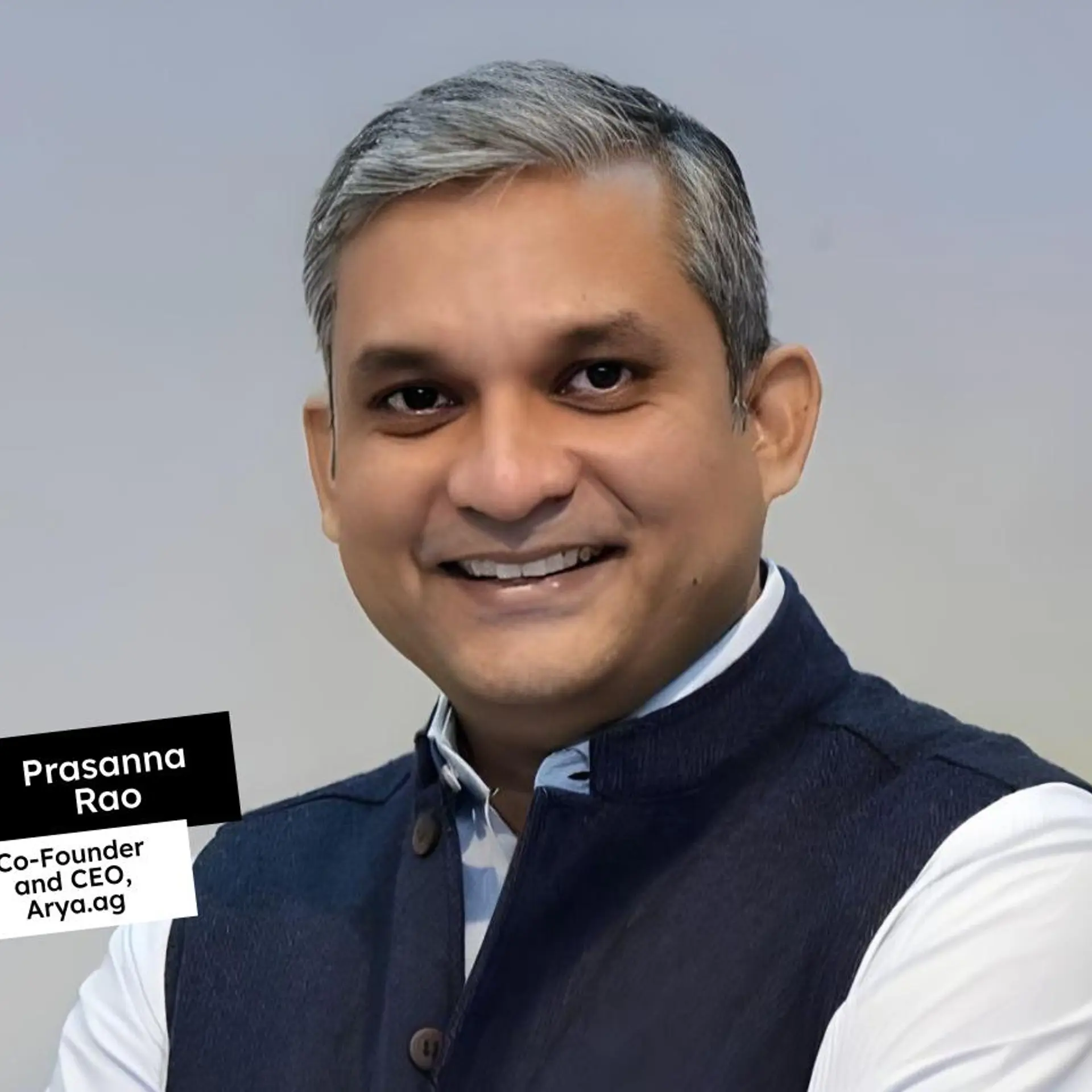How this proptech startup is disrupting the asset usage and rental housing industry in India
MultiLiving offers curated apartments with tech-assisted home management and hospitality services for a hassle-free living experience. Launched in October 2019, the Mumbai-based startup went live in Feb 2020.
For the past many years, the real estate industry has been on the cusp of growth with several of its niche areas still untapped. One such space is managed residential rentals. Driven by an increase in the number of migrants from rural, Tier I, Tier-II and Tier III towns to the urban and metropolitan areas for occupational and education purposes, Indian residential rental space is now at an influx, attracting a large number of entrepreneurs to experiment and find solutions for the existing gaps.
One such entrepreneur is Pankaj Singh. An IIM-A alumnus, he has worked with industry leaders at Lodha Group and at Xanadu Realty, with exposure across the value chain.
In his decade long experience in the residential real estate sector, he says he has seen numerous businesses operate in this space, which are limited to either rental or sale.
“However, none actually represent the ‘voice of home’ itself. This realisation while finding solutions to my own home issues in Lucknow, set the foundation for with the vision to add large value to the homes and meaning for its users,” says Pankaj.
The startup offers curated apartments with tech-assisted home management and hospitality services for a hassle-free living experience. Launched in October 2019, the Mumbai-based startup went live in February 2020 amid the pandemic.
In March 2020, the startup secured $6 million in a seed funding round from Tomorrow Capital. At present, it only caters to the Mumbai location and offers 1-3 bhk flats/ apartments within the rental range of Rs 6,500 to 65,000+.

Looking at the opportunity from 3 lens
MultiLiving aims to create a new category where the home is at the centre and all the aspects, which add value to the home, revolve around it at multiple levels.
The team looks at this opportunity from three lens:
- Changing the way home-owners manage assets: For MultiLiving, homes are depreciating assets (land/location appreciates), which require attention, preventive management, better productivity, and evaluation benchmarks. Current way to address this issue is reactive and extremely unorganised and in many cases does not exist.
- Changing the way managed-rentals exist today: The current leasing landscape is extremely chaotic and needs technology and data-driven products to create asset-customer understanding.
- Change the way people live today (asset usage): Creating a new way to live in urban India, which is a hospitality led, hassle free lifestyle giving the user a hassle free way to live by taking care of all operational needs of daily life and adding time to their lives.
“Our journey at MultiLiving has been nothing short of a roller coaster ride. For a startup to face the wrath of a generation-defining pandemic at the beginning could have been disastrous. But it enabled us to push and accelerate at an even faster pace,” said Pankaj.
How it works?
In crux, MultiLiving offers home owners a peace of mind that their property will be well maintained while they receive rent on time. On the other hand, the people who are renting the house get tech-assisted home management and hospitality services in a hassle free manner.
Post-registration on the platform, the home owners get a professional photo and virtual tour created for their home. The listed homeowners receive tenant profiles and online lease agreement and KYC verification. The app also keeps track of regular monthly payments and property maintenance.
MultiLiving uses its asset-customer understanding coupled with a data driven approach to look at the fragmented residential rental space. The startup has three key products -- MultiLiving life (February 2020), Propel (February 2021), and its distribution product, Unlockr (March 2021).
The key revenue channels include subscription plans and service fee for asset managed rentals along with multiple value added services throughout the lifecycle of the asset.
“Currently, we have 2,000+ ‘assets under management’ being served through our platform, with rapid growth in our revenues. We operate with a 100+ member strong team,” says Pankaj.
“The focus on customers, planning, awareness, and passion has helped us to create an ecosystem where we are acquiring ~1,000 customers a month in Mumbai and growing at an extremely fast pace,” he adds.

Building an OYO for residential rental space
Residential rental real estate is one of the largest markets in India, which has still not been disrupted by technology and operates with extremely high fragmentation and low customer satisfaction levels.
While there are many models that provide classifieds services or purpose-based active property management services (e.g. co-living platforms), the former has extremely low monetisation, whereas the latter works with a very high balance sheet and fixed cost commitment, making them hard to scale.
There is also the challenge to keep innovating and expanding, building on the trust and maintaining the service standards and customer experience.
“The complexity of our set up creates large entry barriers. As such, there aren’t many players offering the comprehensive solution for the asset as we do. Our platform formalises the existing fragmented services and uses technology to provide a seamless asset management and living experience, which is a first of its kind,” says Pankaj.
However, being first has its own challenges as well. One of the major bets was to completely change the customer journey in terms of how people interact, choose, and maintain their homes. “We have an integrated stack offering managed asset, rentals, and living services along with distribution network for brokers and servicing partners,” says Pankaj.
Plans ahead
Pankaj says that MultiLiving is already adding homes under management at a very aggressive pace, and has a planned multi-mode monetisation opportunity from each home.
“The focus in the coming year would be on adding more asset focussed customer-centric products, while securing and leveraging the asset itself and using technology to make the homes a better living space,” adds Pankaj.
In the next 18 months, the team plans to expand its horizons to other cities in the country and introduce multiple product lines.
Edited by Megha Reddy



![[Funding alert] Real estate startup MultiLiving raises $6M from Lodha Ventures](https://images.yourstory.com/cs/2/70651a302d6d11e9aa979329348d4c3e/Image6xri-1584008896749.jpg?fm=png&auto=format&h=100&w=100&crop=entropy&fit=crop)




